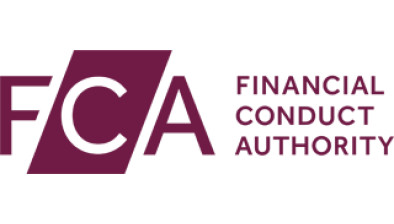FRC issues revised auditing standard for the auditor’s responsibilities relating to fraud

The Financial Reporting Council (FRC) has issued a revision of its UK auditing standard on the responsibilities of auditors relating to fraud - ISA (UK) 240 (Revised May 2021) - The Auditor’s Responsibilities Relating to Fraud in an Audit of Financial Statements.
The revisions to the standard are designed to provide increased clarity as to the auditor’s obligations, addressing the concern raised by Sir Donald Brydon in his review of the quality and effectiveness of audit.
Included in the revisions are enhancements to the requirements for the identification and assessment of risk of material misstatement due to fraud and the procedures to respond to those risks.
The revised UK standard is effective for audits of periods beginning on or after 15 December 2021 with early adoption permitted.
The Department for Business, Energy and Industrial Strategy (BEIS) is currently consulting on proposals to restore trust in audit and corporate governance, including statutory requirements for directors to report on the steps they have taken to prevent and detect material fraud and for auditors to report in relation to such a director’s statement.
The FRC will address these proposals in due course, taking account of the outcome of the BEIS consultation.
Mark Babington, executive director of regulatory standards, said: “The UK supports the development and adoption of high quality global standards for corporate reporting and audit, enabling the UK to attract high quality global investment.
“However, sometimes the UK needs to show leadership, and move in advance of international standards to address urgent stakeholder concerns in the public interest – we believe that some of the misunderstandings that have been communicated around the auditor’s responsibilities in respect of fraud meet this test.
“In response, we have developed a revised standard which makes auditors’ obligations clearer, enhances the risk assessment they carry out, and sets clearer requirements for what the auditor then does.”










